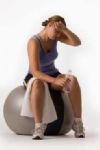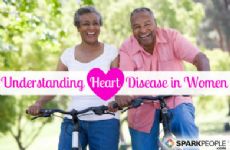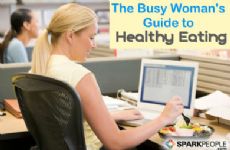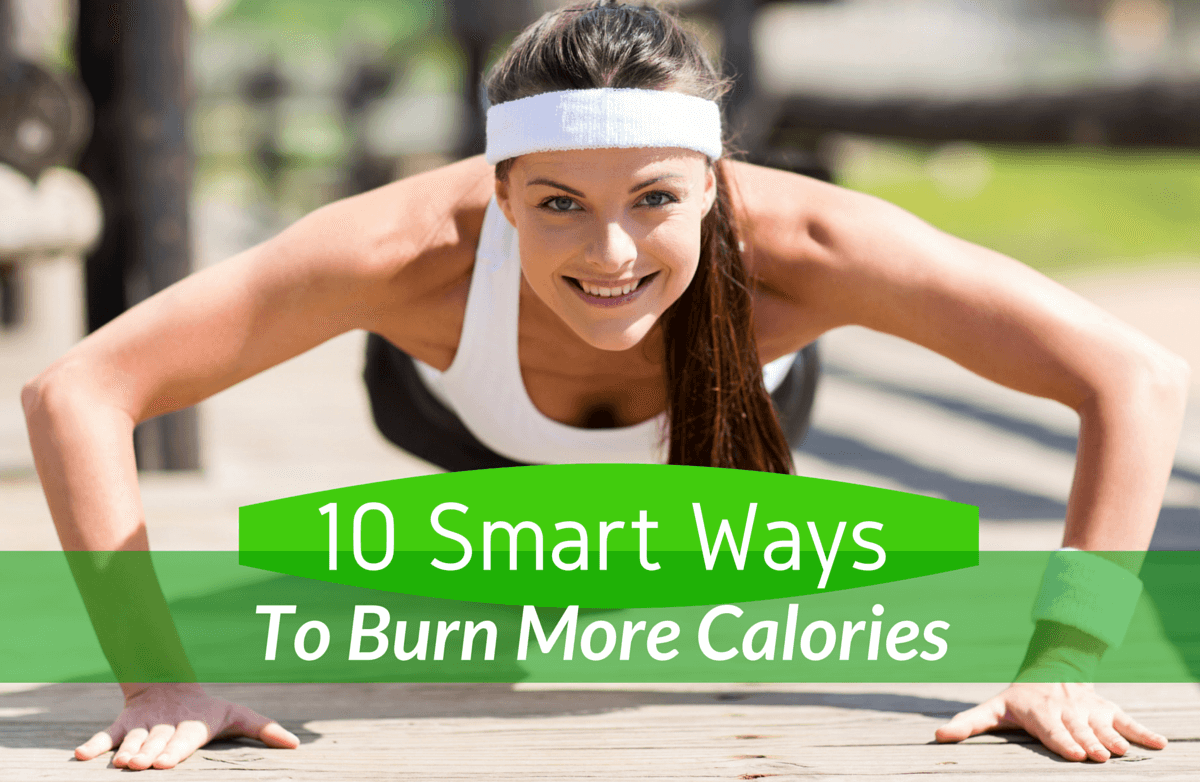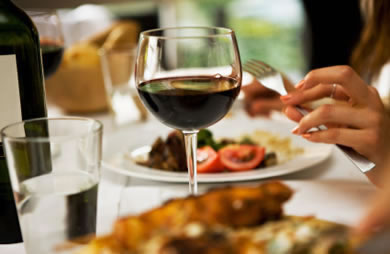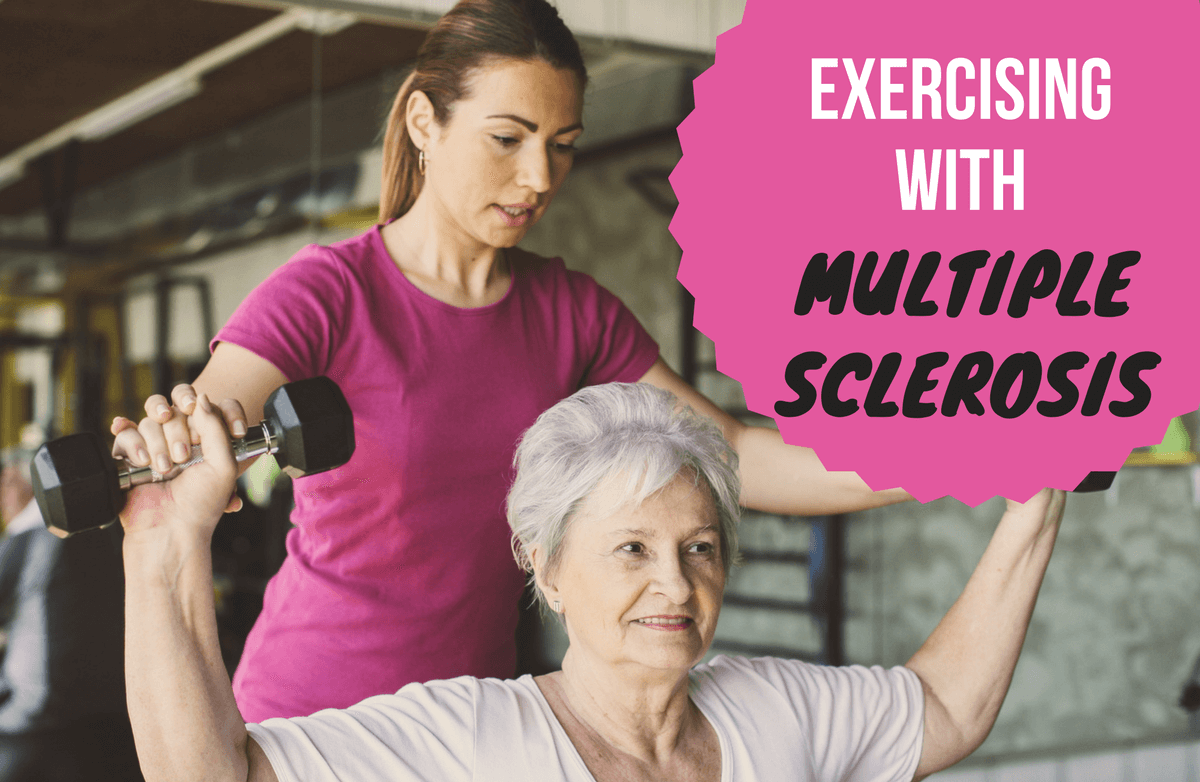|
I'm a sane, rational human being three weeks out of every month. But that one week--and boy, do those around me know when that one week is--each month, I morph into a beast. Incessant cravings, mood swings, fatigue and mild depression--it's no fun at all. Though people think it's funny to blame emotional outbursts from a female* on PMS, it's no fun for any woman who deals with it each month. According to Harvard Medical School, 75% of all menstruating women experience premenstrual discomfort in some form, though only about 3% to 8% of those women have symptoms that are severe enough to disrupt their lives. If you're in that symptom-free 25%, consider yourself lucky. I'm in that smaller subset. Since adolescence, I've been plagued by mood swings, depression and cravings just before "that time of the month." My symptoms were worse in my early 20s, and I've found that the older I get, the more I am able to control my body. (I actually was diagnosed with PMDD, or premenstrual dysphoric disorder, a few years ago but seem to have outgrown the more severe symptoms.) I eat vegetables like they're going out of style, won't touch white bread and limit my intake of sweets. However, I start raging for anything processed, sugary and salty at the same time each month. I'm strong and healthy enough now that I can usually resist them or make smart substitutes (a homemade vegetable pizza, portion-controlled squares of really dark chocolate and baked kettle chips). Still I do have my moments of weakness. Just before I started my healthy living journey back in 2005, my symptoms were at their worst. I felt like a giant raw ball of emotions, cried for one week every month and snapped at even the smallest comments. I was miserable, and I wasn't a pleasure to be around. I didn't know it at the time, but exercising regularly, eating right and practicing yoga--all steps I was taking to lose the 40 pounds I put on during and after college--were all helping alleviate my PMS symptoms as well. Researchers say that lifestyle can heavily influence a woman's premenstrual symptoms. If you're healthier and happier in general, you'll likely feel better the week before your cycle begins, too. According to Harvard researchers: "Several theories have been proposed to explain why PMS occurs. The most popular explanation for PMS is that these symptoms are related to cyclic changes in female sex hormones, pituitary hormones, prostaglandins and certain brain chemicals known as neurotransmitters. Some researchers have suggested that PMS may be related to abnormally low blood sugar (hypoglycemia), abnormally low levels of thyroid hormones (hypothyroidism) or a diet low in B vitamins, calcium or magnesium. However, recent studies do not support these theories. Preliminary studies indicate that magnesium deficiency could play a role." I'm not a doctor of course, just a health writer and a yoga teacher, so please consult with your health-care provider if you have concerns about PMS. These are just anecdotal observations of what has worked for me. I stick with my "normal" diet all month long. I give myself one "cheat" night to give in to cravings. For me, that's usually a dinner that involves something cheesy and delicious (the aforementioned homemade pizza, lasagna or creamy pasta are frequent cravings), but I try to include an extra serving of vegetables to balance it out. I allow myself some dark chocolate coconut milk ice cream (I can't eat the real stuff) or a couple of squares of good dark chocolate. And if I want seconds on something, I let myself, even if I know I'm not actually hungry. I don't excessively overeat, but I definitely let myself eat more than I usually would. The next day, it's back to life as usual. In addition, I take a calcium and magnesium supplement daily, avoid caffeine (it induces panic attacks in me, even in small doses) and limit my alcohol intake. Though it's tempting to pour myself a second (or third) glass of red wine at dinner, I fight the urge. I know it will only make me feel worse and won't really help me get over my slump. I try to get in a really good workout, even if I'm feeling blue. Though my mind tells me that I want to mope around the house and lie on the couch with my hand in a bag of potato chips, my mind knows better. A Spinning class, yoga session or even a quick run helps my body to snap out of my funk. It hasn't been easy to keep myself one step ahead of the mood swings and crankiness, but I've done it. It's just one of my many motivations to eat right and stay in shape. Here are some of SparkPeople Dietitian Becky Hand's tips for eating to beat PMS:
* Did you know? "Hysterical" and "hysteria" stem from the Greek and Latin words for "womb"? Though we now use the words to refer to unmanageable fear and emotional excess, the word was coined because the Greeks believed hysteria was unique to women and caused by the uterus. Do you suffer from PMS? How do you cope with the symptoms? Do you have cravings during a certain time of the month? Do you fight them or give in with healthier options? (I just learned that there's a SparkTeam called PMS--Premenstrual Munchy Survivors. Maybe I should join that Team! |
Related Entries
More From SparkPeople |





